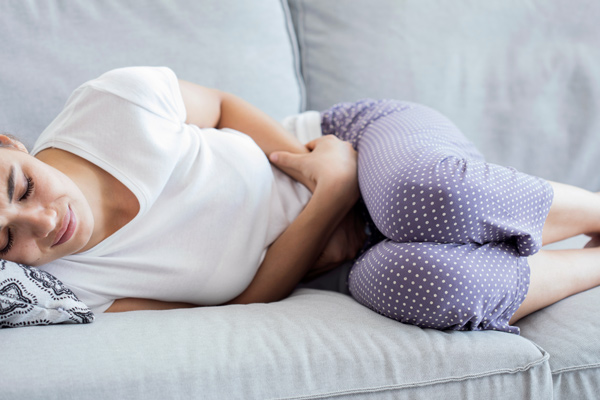Diarrhea is not something that many people generally feel comfortable with talking about, even with a doctor or other medical professional, as it can be embarrassing, but the distress on your body that is caused by severe diarrhea can be a major factor that impacts whether a person is ready to quit taking opioid drugs. Diarrhea is described as abnormally loose and/or watery stools.
Diarrhea with Opiate Detox
Severe diarrhea and stomach pain are both very common symptoms among people who have become addicted to opioid or opiate drugs or have even just had an intense period of taking them, and they have stopped taking them. The symptoms of this withdrawal diarrhea can range from mild to severe. Diarrhea is a symptom of opioid detox because detox from opioids often is the opposite of what happened when you were taking the drug.
Managing Diarrhea During Opioid Withdrawal
For example, taking opioids causes constipation because they slow down your movement and digestion due to the opioid receptors that are found in the gastrointestinal tract. When you stop taking the drugs and are going through detox and withdrawal, you will experience diarrhea instead. As you go through the stages of withdrawal, constipation from opioid use goes away and bowel movements return very quickly. This can lead to severe diarrhea and stomach cramping that can last for days or even weeks. The following strategies can help control any diarrhea and gastrointestinal distress that you may be dealing with during this difficult time.
- Taking in extra electrolytes and stay hydrated: Diarrhea can lead to dehydration very quickly causing you to lose key electrolytes. Drinking fluid that creates extra hydration can help avoid dehydration.
- Eating bland foods: Eating foods like white toast, rice, bananas, or crackers can help to settle your stomach and can help ease diarrhea and stomach pain.
- Take over the counter medications: Taking things like Imodium or Pepto-Bismol can help control any diarrhea and slow down your body’s bowel process.
- Eat probiotics: Eating things like yogurt with live/active cultures that contain bacteria can help reduce the severity and the length of time that you may experience diarrhea.
- Avoid stomach irritants: Avoid drinking hot drinks, acidic fruits, and spicy foods. These can all induce stomach spasms and lead to more diarrhea and stomach pains.
Opioid Addiction on the Brain
When opioids are used consistently for long periods, the brain has to adjust itself to changes in the way it functions the neurotransmitters. When opioids are suddenly taken away from the equation, it forces the brain and the body to have to change the way it functions again. This creates unpleasant mental and physical withdrawal symptoms. Diarrhea and stomach pain are both experienced by those who are going through opioids withdrawal and detox. While this is a normal reaction for your body, this is uncomfortable for you unless the symptoms can be reduced by correct treatment.
Treatment for Opioid Dependence
The best way to safely detox from opioids is by the use of a medically assisted detox. Here at Evoke Wellness at Cohasset, we want to make sure our clients detox from opioids under the best care and in the best surroundings possible. With our relaxing surroundings, nutritious foods, and a team of qualified professionals, we help our clients through their detox phase quickly and safely. Once you have completed the detox portion of your treatment, we offer a wide range of choices to transition into the next step of your recovery. While the medical detox process is not easy, it is certainly worth it as it sets you up for a better future in sobriety. We want to help you lay the foundation needed to maintain successful long-term sobriety.




